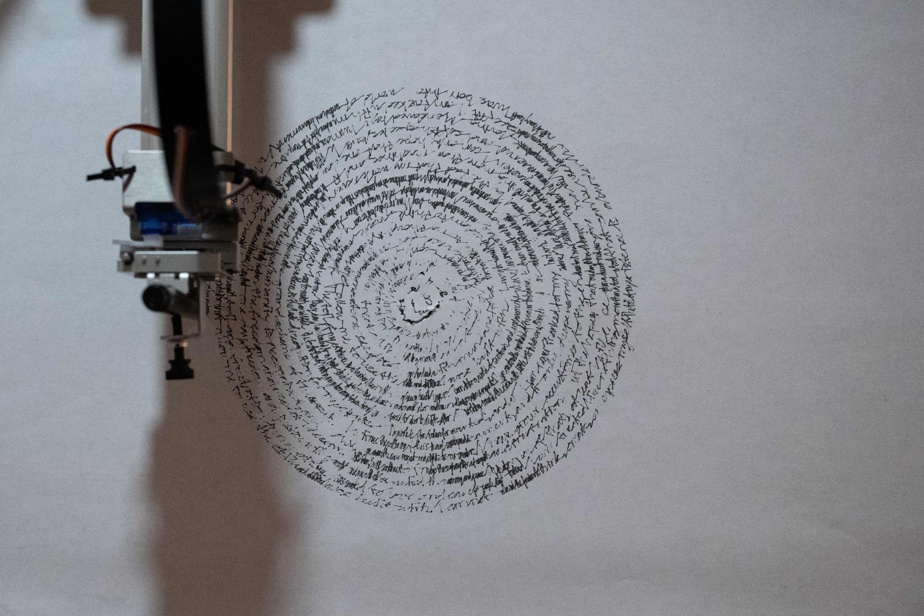The question of artificial intelligence (AI) concerns me both as a doctor and as a fiction writer. And not only since she promises to take my place in these two professions that I love!
I welcome the recent proposal by AI luminaries for a moratorium on its development1, time to let humanity realize what is happening, reflect on it, and Act in consequence. Although the text of the petition cites some dangers that lie in wait for us (tsunami of disinformation, replacement of all professional activity, loss of control of our civilization), it poses them as ends without speaking of how they will be achieved.
One of these means seems to me as predictable as it is fatal: the abolition of the true.
The power of medicine also comes from the fact that it alone determines what it looks at, as Michel Foucault has shown.
In my work as a fiction author, truth is not empirical. I try, in my books, to create worlds that are just enough real and a little fake. These worlds aim to clarify the meaning of the reality from which readers discover them, or to reveal a part of them hitherto unnoticed. The literary notion of truth is vague. It appeals to context and feelings. Who has never wondered, like the philosophers of antiquity, what true love is? This dimension of truth is profoundly cultural, and it comes to tint all knowledge that wants to be empirical, including that of medicine. Indeed, the real depression, in 2023, is that which corresponds to the criteria proposed by the American manual of mental disorders (the DSM). This is, by the admission of almost everyone, simplistic to say the least.
Beginning in the 17th century in the West, the invention of measuring instruments broadened the reach of human senses, and thus fostered the rise of empirical observation as the basis of truth. The story of Galileo has become a myth, the ideal example of an empirically constituted timeless knowledge that clashes with what the culture of a given time and place accepts as true. This tension between empirical truth and cultural truth seems to me to be essential when it comes to determining what is currently true.
I am neither a philosopher nor a historian. I am afraid I have offered a simplistic preamble.
In all fields, it will produce as an oracle astonishing and very useful ideas, which will have nothing to do with the human senses, will go beyond the understanding. Without being able to be considered true or false, these ideas will have a profound impact on human life. Technological innovations will no longer be based on science as we know it, the one that can be taught and learned. Ideas will no longer come from reason.
What is at stake is the possibility for human beings to establish a relationship with their world governed by thought.
In order to limit the damage, I would go a step further than the authors of the petition and would propose that the mechanisms of artificial intelligence become the common property of all humanity. A private monopoly of the production of ideas and thoughts is upon us.

